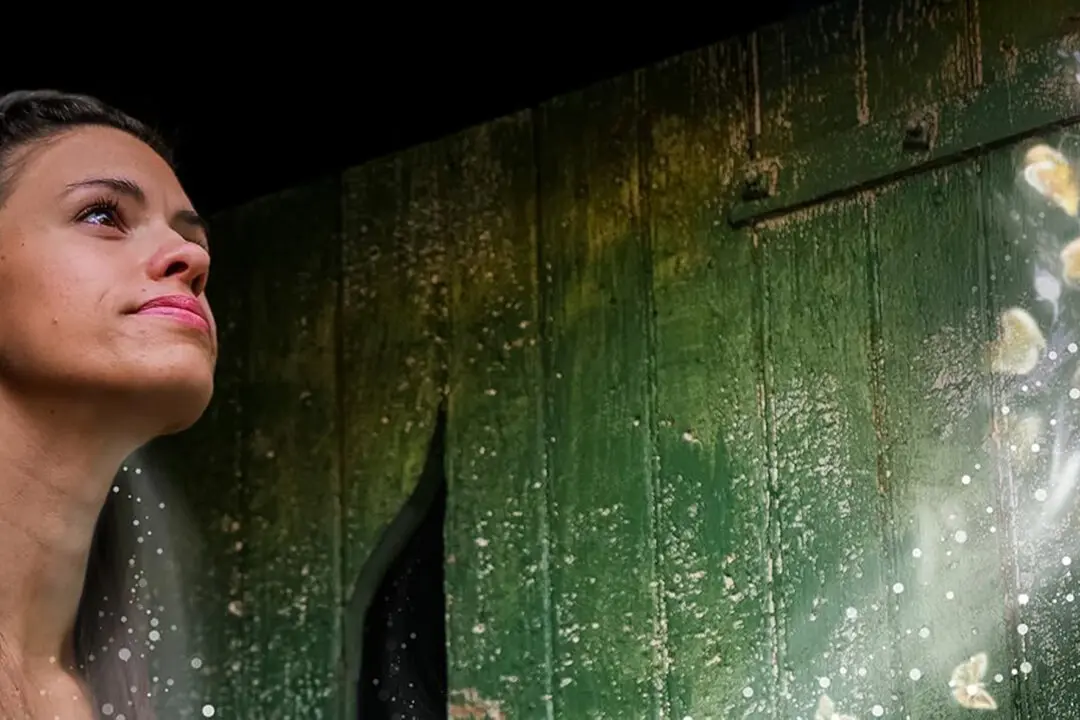Having recently watched and reviewed the Sinbad Trilogy—“The 7th Voyage of Sinbad (1958),” “The Golden Voyage of Sinbad (1974),” and “Sinbad and the Eye of the Tiger (1977)”—I’ve become of fan of both Charles H. Schneer and Ray Harryhausen, the main producer and special-effects master of the trio of films, respectively (although Harryhausen also produced to a lesser extent).
Hungry for more of the filmmaking dynamic duo, I set my sights on 1963’s “Jason and the Argonauts,” a movie that featured more of the men’s expansive imagination and visionary genius, only this time set against the backdrop of the legendary Greek myth. Twenty-five-year-old actor Todd Armstrong stepped into the sandals of the mythological hero Jason, and we follow him on his quest to restore a kingdom in turmoil.





